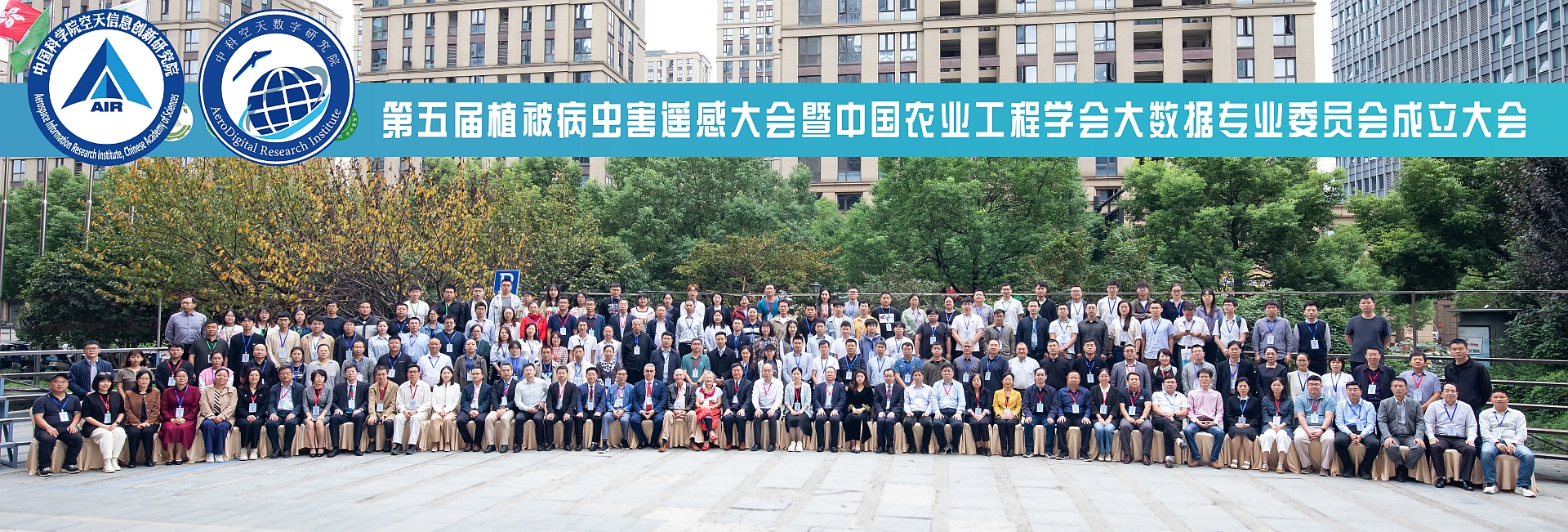FAO at the 5th Conference on Remote Sensing of Vegetation Pests and Diseases in China

©Aerospace Information Research Institute, Chinese Academy of Sciences
Hangzhou, China – The Food and Agriculture Organization of the United Nations (FAO) has taken part in the 5th Conference on Remote Sensing of Vegetation Pests and Diseases. This conference is a pivotal platform for sharing knowledge, innovations, and best practices in the field of remote sensing technology for agricultural pest and disease management.
FAO’s intervention, led by Thaer Yaseen, Regional Plant Protection Officer in FAO Regional Office for the Near East and North Africa, shared insights on FAO's ongoing initiatives and strategies to promote the use of remote sensing technologies in sustainable agriculture in the NENA region.
"The integration of remote sensing into agricultural practices is crucial for enhancing food security and resilience against pests and diseases. With all the advanced progress made, there still are some limitations that challenge the wide adoption of remote sensing techniques by small farmers. Addressing these obstacles through training, support, and collaborative efforts can help maximize the benefits of remote sensing in agriculture,” said Yaseen
With the increasing challenges posed by transboundary plant pests, climate change and global trade, effective pest management strategies are more critical than ever for ensuring sustainable agriculture and food security.
During the conference, which was held on 19–20 October 2024, in Hangzhou, China, experts, researchers, and policymakers discussed the latest advancements in remote sensing technologies, shared case studies and best practices on their applications in monitoring and managing plant pests and diseases, as well as potential collaborations and partnership.
FAO is committed to supporting member countries in adopting advanced technologies to improve agricultural productivity and sustainability. Participation in this conference underscored FAO's dedication to fostering international cooperation and knowledge exchange in the fight against plant pests and diseases.
